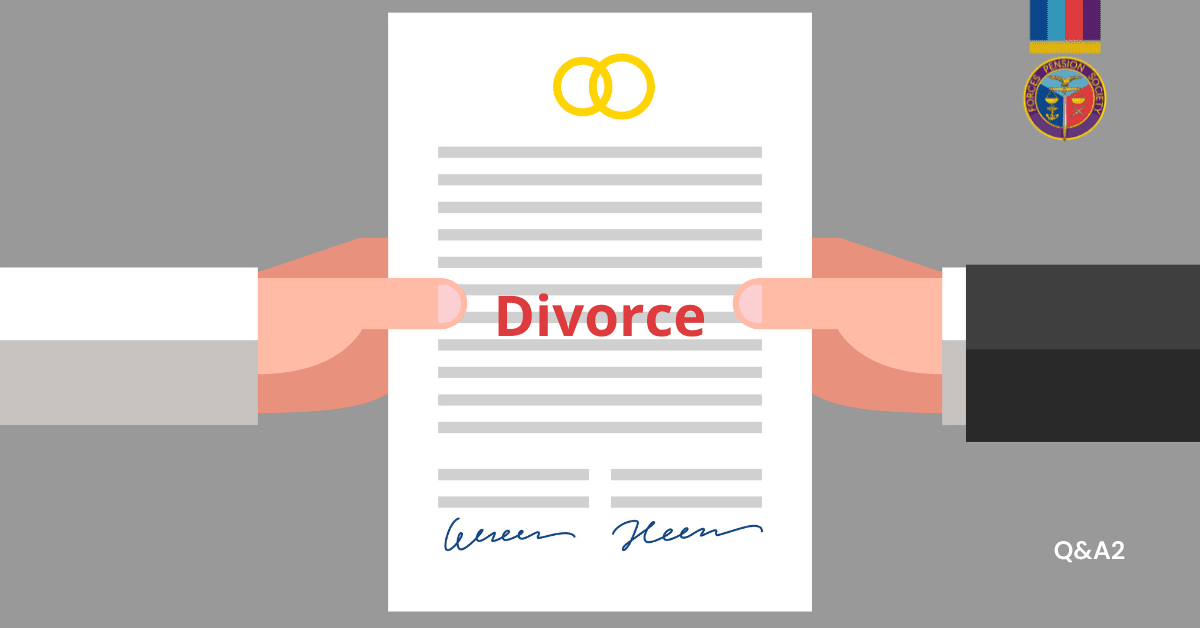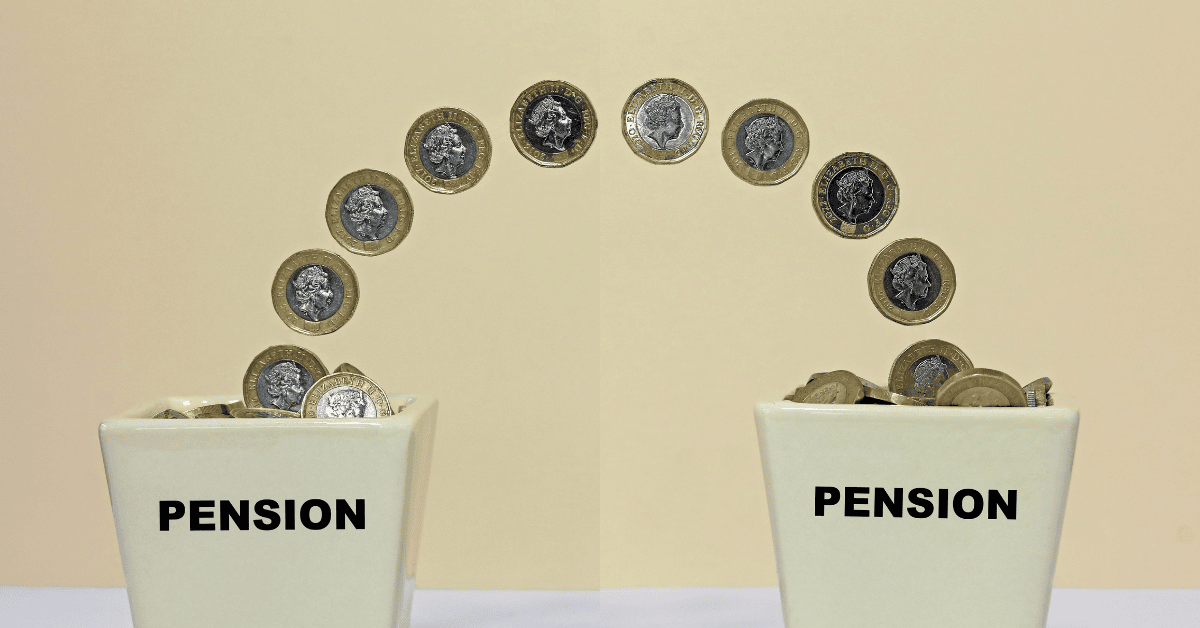
Welcome to part 2 of this series providing the basics about pension sharing on divorce in a simple Q&A format
Q. How is a Pension Sharing Order (PSO) share quantified?
A. Under Scottish law the value of the PSO is a specific monetary value whereas in the rest of the UK it is expressed as a percentage of the member’s pension rights. The expression of the PSO as a percentage causes confusion. It is generally believed that a 50% share will result in the couple each receiving half of the original pension in the bank each month. This is not necessarily the case because various factors need to be taken into account when calculating the share.
Q. I have heard that sharing an AFPS 75 pension is not very straight forward. Why so?
A. Splitting an AFPS 75 pension is not as straight forward as splitting benefits in a standard final salary pension scheme. This is because of the Immediate Pension (IP) offered by the scheme – entitlement to a pension as early as age 37 for an Officer or 40 for an Other Rank is not something enjoyed by members of most other occupational pension schemes – and, when the pension comes into payment, the reduction to the share of the Pension Debit Member (as the person whose pension is shared is called) will be calculated differently, depending upon whether the PSO was applied before or after the IP point ….. and the difference can be substantial. Our suggestion is that, if your AFPS 75 pension is to be shared, find a lawyer who understands how AFPS 75 works!
Q. Does the ‘ex’ always get 50%?
A. No. It depends upon what you agree or what the Court orders.
Q. A clean break – how does that work?
A. Once the PSO is implemented, your ‘ex’ becomes a Pension Credit Member (PCM). A PCM is a member in their own right, but in a limited way. They cannot add to the value of their pension share, join it with another pension or transfer it out. In the event of their death, the value of the pension share is NOT restored to you.
Q. So I am not tethered to the PCM in any way?
A. No. You are not tied to the scheme by PCM and your rights under the pension scheme are not inhibited. You can leave the scheme, transfer the benefits out or retire on a pension without reference to, or the permission of, the PCM. Further, you will no longer have tax liability for the value of the pension which is now the property of PCM.
Read Part 3 of the Q&A in this series.




